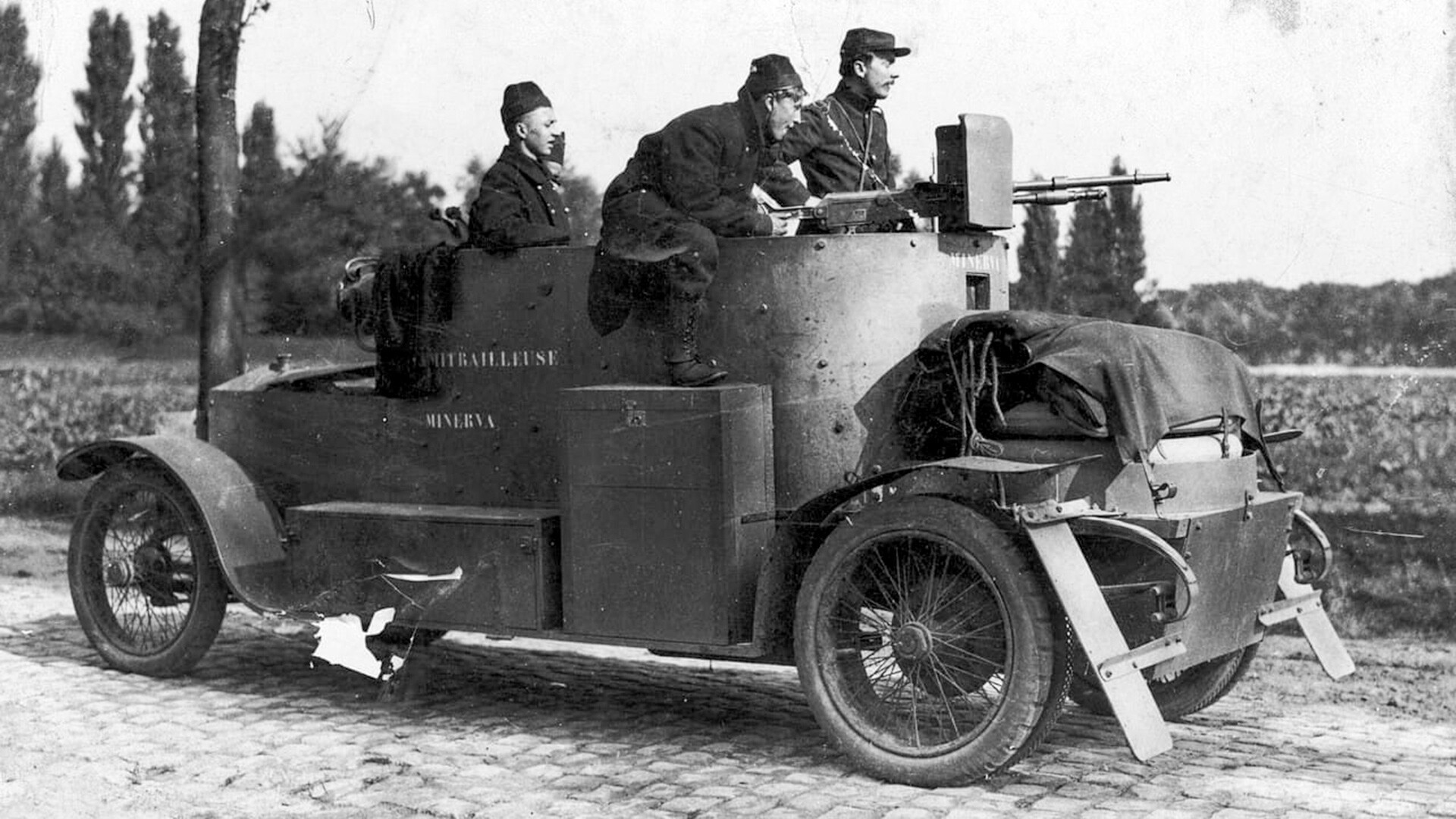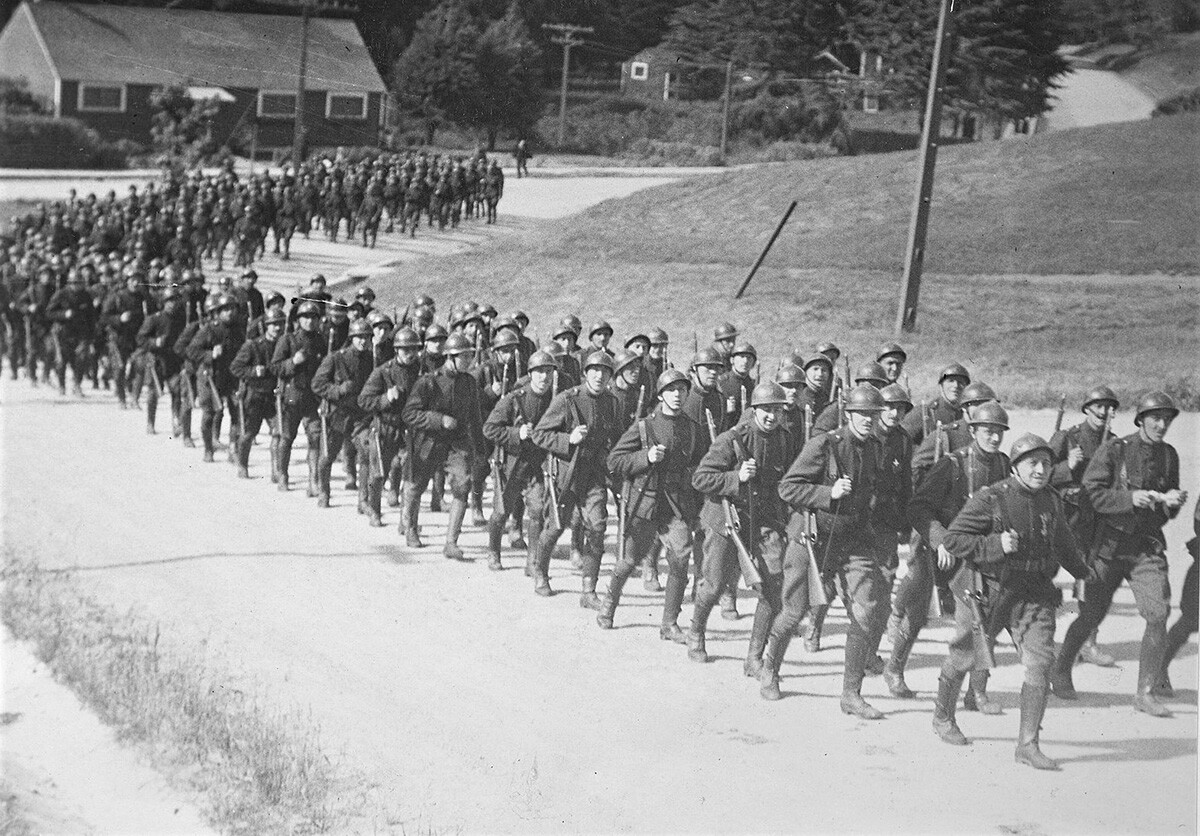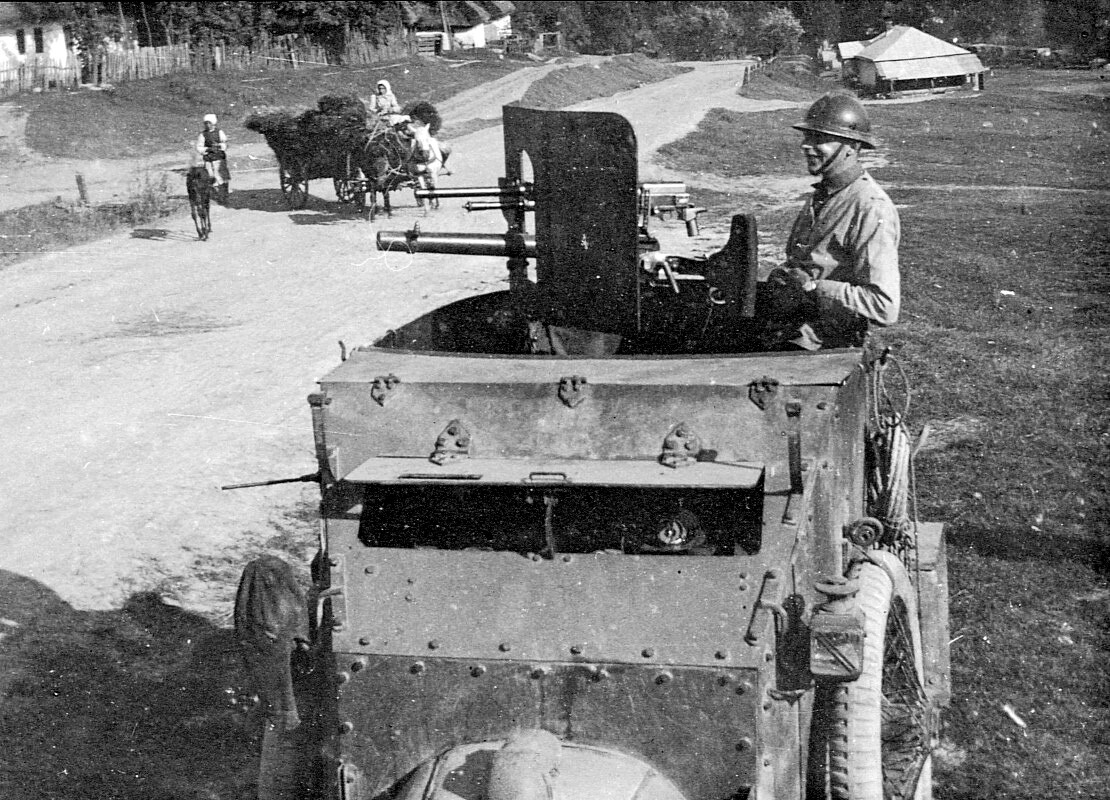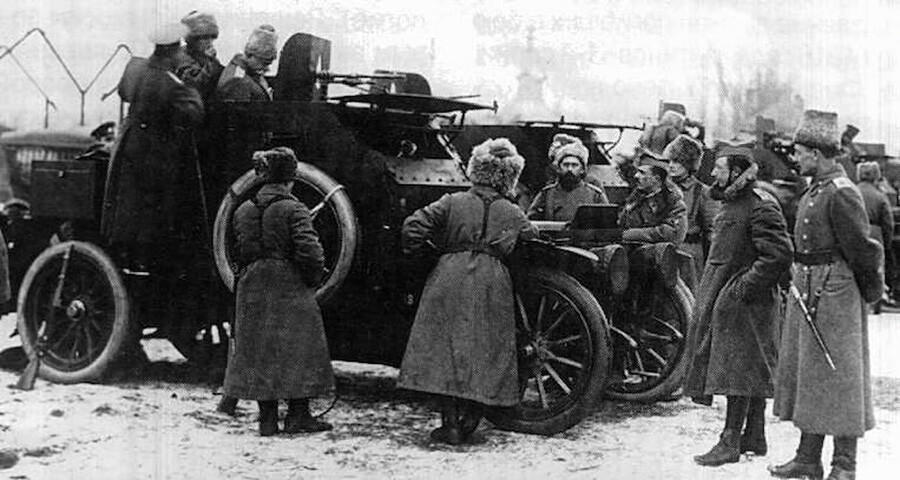How the Belgians fought for Russia in World War I

Armored cars were widely used during the Great War. The Russian army also used them. However, few people know that some of its combat vehicles were driven by… Belgians!
Belgium sent its corps of 10 armored cars to help the Russian army in 1915. The personnel numbered 360, who also had seven motorcycles and 10 trucks for logistical support.

In October, the Belgians arrived in Arkhangelsk, from where they headed to Petrograd. There they were booed and attacked by a crowd of local residents, who mistook the allies for Austrian prisoners of war.
The misunderstanding was soon resolved and the Belgian soldiers were surrounded with care and attention. “We were literally stuffed with delicacies, caviar, vodka… a stream of invitations poured in every morning,” recalled military doctor Brassin. The corps' location was even visited by Nicholas II one day.

At the end of January 1916, Belgian armored cars arrived at the Russian-Austrian front in Galicia. In the summer, they showed themselves well during the large-scale offensive of the Russian army, known as the ‘Brusilov Offensive’. One 104 soldiers were awarded the St. George Cross for bravery.
The corps fought on the Eastern Front until the Bolsheviks took power in the country and 15 of its men were killed. After the start of the Civil War, various political forces tried to involve the formation in military action, but received the same answer: "The Belgians will never shed Russian blood."

The corps soldiers had to somehow get out of the country engulfed in chaos and the only way was through Vladivostok. However, they were forced to abandon their combat vehicles in Kyiv, after damaging them along the way. As a result of this and the unexpected detour, the road back to Paris took them more than four months.
In France, the corps was immediately disbanded – authorities feared that it was infected with revolutionary ideas.

